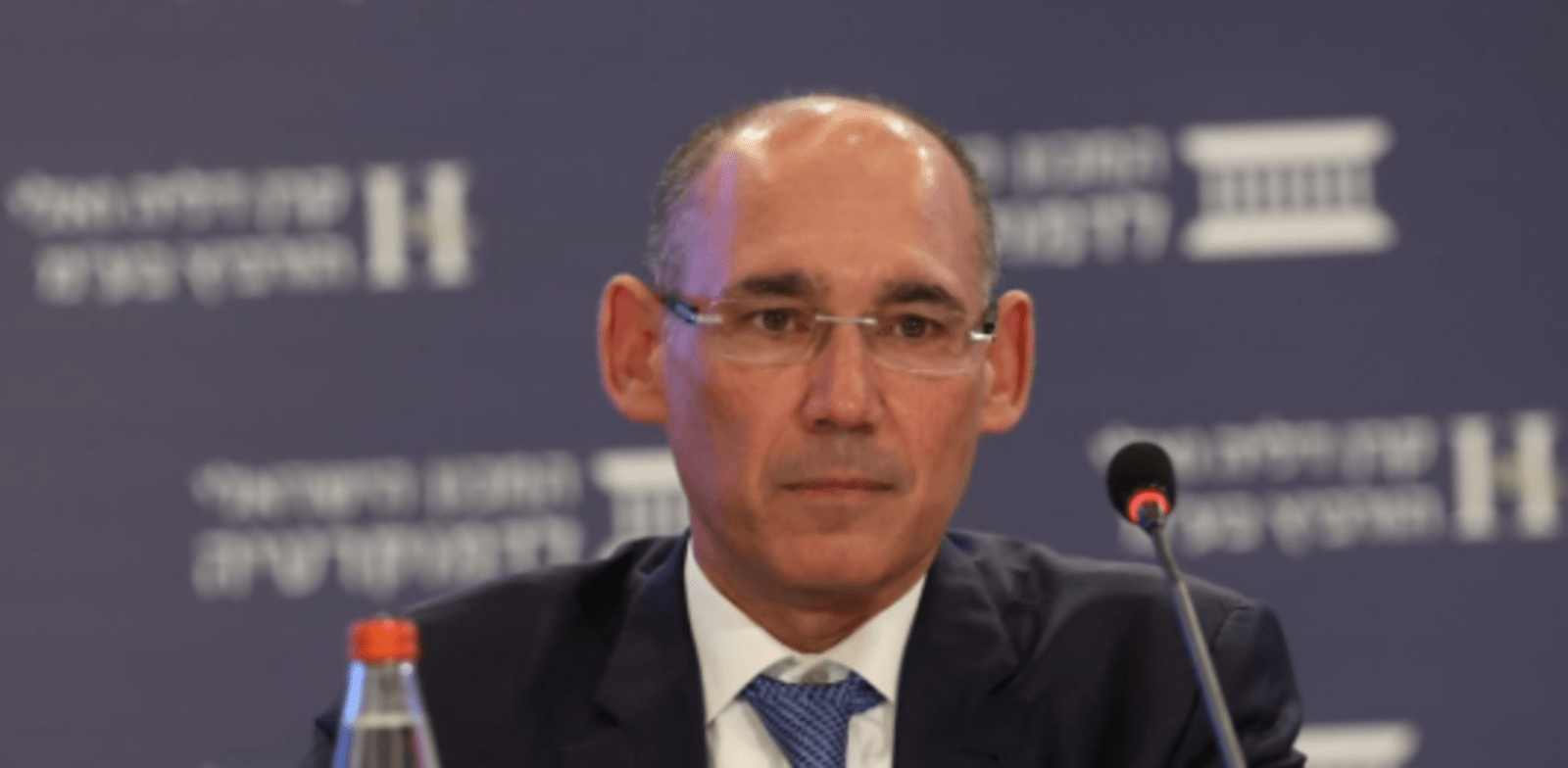Not many people run three different businesses while also working a high-stress government job and raising three kids. Whitmore Merrick is one of the few.
The Washington, D.C., native, who now lives in Charlottesville, Virginia, works full time as a peer navigator for the city’s Home to Hope program, connecting formerly incarcerated people to housing, transportation and other resources. He also runs a fast-growing transportation company, Merrick Adventures, and has co-founded a recording studio and a clothing line.
At his day job, Merrick helps people transition into post-incarceration life, in part by helping them improve their financial literacy. “There are so many barriers for individuals who have been convicted of misdemeanors or felonies,” Merrick says.
He’s also teaching his kids financial skills and working to create a better future for them. Here’s what Merrick is doing to build generational wealth.
What inspired you to start building generational wealth?
Merrick says that one of his biggest motivations to build generational wealth was growing up without it in a single-parent household.
“Not having a father in the home inspired me to be a man, young,” Merrick says. “It forced me to grow quicker than I feel I should have.”
Merrick notes that the hardships he watched his mother experience didn’t happen in a vacuum. They were, in many ways, a product of the systemic racism that economically disenfranchises Black Americans.
“There are lots of different ways that we were stripped from wealth,” he says.
In addition, Merrick says his own past financial blunders have motivated him to start teaching his kids about money early. “I remember, for periods of time, not monitoring my checking account or my credit score. And I regret not doing that, because it just gets worse,” he says.
Today, he’s doing what he can to give his kids — the oldest of whom recently turned 15 — a different story.
What kind of strategies have you used to create savings for your kids?
“Generational wealth doesn’t just mean obtaining property or assets; it means continuously diversifying — because anything can happen,” Merrick says.
With that in mind, he’s trying to introduce his kids to saving, investing and responsible credit usage at an early age.
Merrick has opened bank accounts for his kids, and he has used investment apps to introduce them to the stock market. He has also added his 15-year-old as an authorized user on his credit card in order to give him a head start on building credit.
One of Merrick’s next priorities is to start saving for his kids’ education. To put away more money for the future, he plans to expand his businesses — for example, by buying a new vehicle for Merrick Adventures, and also by starting to invest in real estate — while making sure his family continues to live below their means.
Tips for building generational wealth
Merrick’s advice to other parents is simple: Start teaching your kids about money early, start saving early and start building your kids’ credit early.
There’s a lot of evidence supporting that advice. A 2022 meta-analysis of studies by the FINRA Investor Education Foundation found that people who receive some kind of financial education tend to be better at budgeting, saving, credit usage and finding insurance than those who don’t.
Merrick also recommends teaching kids about entrepreneurship.
“People need diversity and different avenues. Becoming an entrepreneur is a way to help that, to balance your finances,” Merrick says.
There’s also evidence that entrepreneurship is a particularly effective way to build lasting generational wealth. Studies by the Santa Fe Institute and the Conway Center for Family Business suggest that family-owned businesses tend to be longer-lived than nonfamily-owned businesses.
Plus, Merrick’s kids are likely getting an immeasurable psychological benefit from watching their father grow a set of businesses — one of which they may one day run themselves.
(Top photo courtesy of Whitmore Merrick)
More From NerdWallet
The article My Path to Generational Wealth: ‘Continuously Diversifying’ originally appeared on NerdWallet.
The views and opinions expressed herein are the views and opinions of the author and do not necessarily reflect those of Nasdaq, Inc.







































